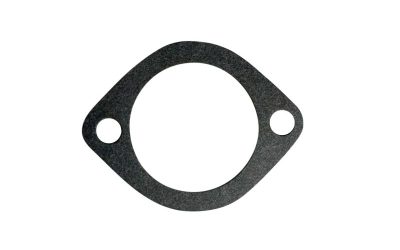Fiber optic cable is actually not just a single cable. The term refers to a complete assembly of fibers, strength members and jackets. There are many different kinds of fiber optic cables, and the one you choose depends on how and where it will be installed.
Choosing the right type of fiber depends on the application. If you want to connect to surveillance cameras, you’ll use a different cable than if you need to upgrade an existing backbone. Single and multiple service applications also all affect the strand count you require.
Choosing Your Fibers
Selection should take more into account than just the immediate requirements of the application. Potential future capacity needs and applications should also be considered, as well as increased bandwidth requirements, network architecture and transmission distances.
All of these factors will influence your fiber selection. The right choice now will do away with having to carry out what would have been preventable – and costly – upgrades later.
Choosing the Right Fiber Optic Cable Manufacturers
All these issues should be discussed with at least two, if not three fiber optic cable manufacturers when giving them the specifications for your project. They should ask you questions relating to where the cable will be going (inside or outside buildings, exposure to the elements etc.) as well as how many fibers you’re going to need and whether they will be single mode, multi mode or both (hybrid cables).
It is important to let the fiber optic cable manufacturers assess your needs and make appropriate recommendations and cost estimates. Their plan should also include adding spare fibers to the cable to ensure you still have enough even if some are broken during splicing, breaking out or terminating.
Installing Fiber Optic Cables
Although fiber optic cable is designed to be pulled with much greater force than copper wire, it can still be damage if pulled too vigorously. Care should also be taken to make sure the cables are not kinked during installation, as this can damage the fibers.
Fiber optic cable is often custom designed for a specific installation, so any manufacturer’s instructions should always be carefully followed.
At Delaire USA, we custom manufacture a wide array of fiber optic cables and accessories to your exact specifications. To take your telecommunications network to new heights, visit us at us


